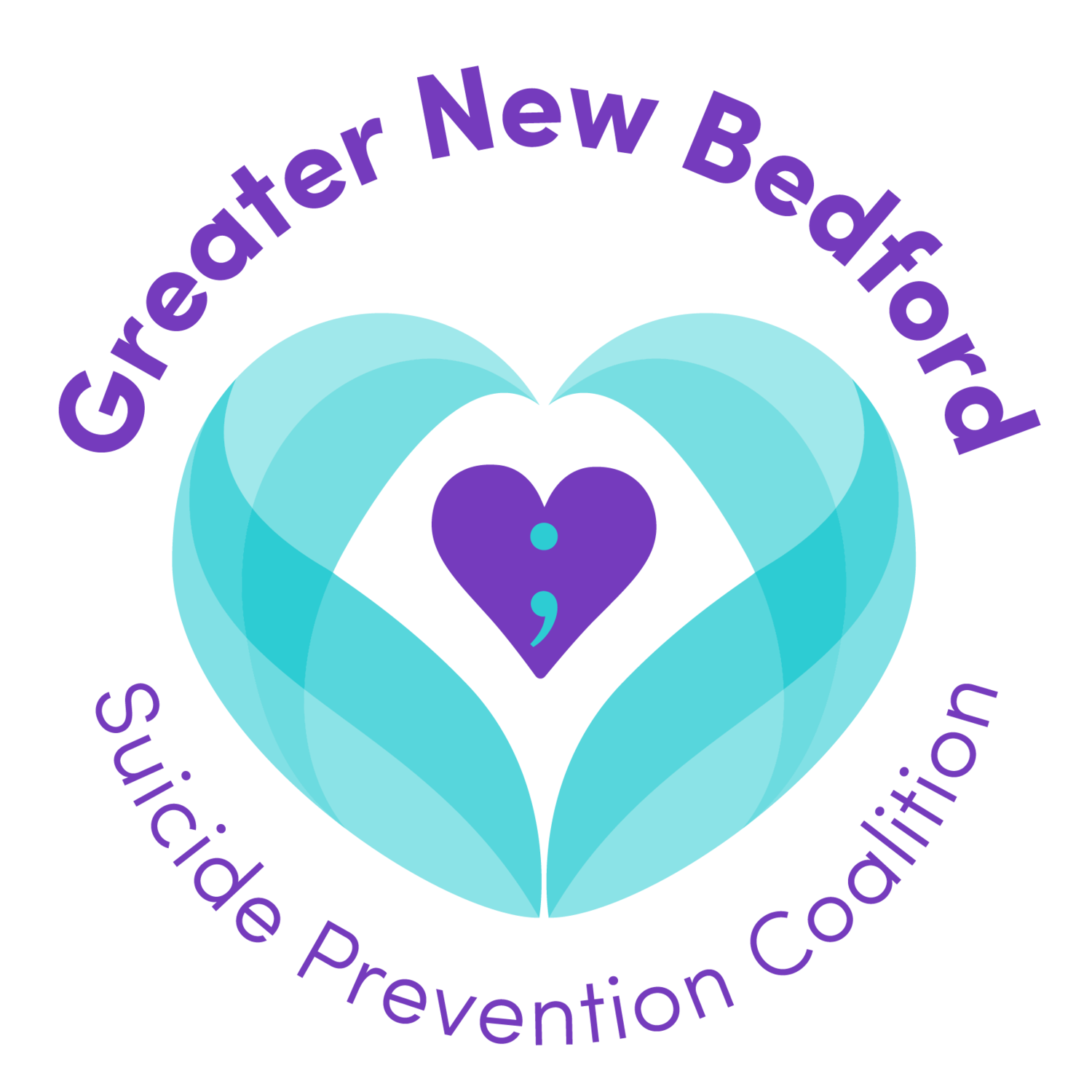Preferred Language to Use When Talking About Suicide
Talking about suicide is not easy, yet, it is very important to be sensitive to family members and communities grieving a death by suicide of a love one. As we begin to raise awareness about the importance of talking about suicide, we are often asked what is the “right” way to talk about suicide. Below is a list of preferred terms:
“Survivors” are people who have lost a loved one, family member, or friend to suicide.
Terms such as “committed suicide” or “completed suicide” are not preferred terms. The word commit presents a particular problem since it also used for criminal offenses such as murder and homicide. Suicide is not a criminal act. Terms such as “death by suicide”,“died by suicide” or “took his/her own life” more accurately describe the reality.
The term “successful” is not the preferred term to be used to describe a suicide death – every suicide is a tragedy. Likewise, to describe a suicide attempt that does not result in death as a “failure” is also misleading. “Completed suicide” also suggests a successful attempt. It is appropriate to say “fatal” as in “suicide fatality” or “fatal or non-fatal suicide attempt”.
The phrase “suicide is a permanent solution to a temporary problem” should be avoided as it minimizes and negates the feelings of a person in pain who does not feel that his/her problem is temporary. Our message should be “suicide is not a solution” to emphasize that suicide is a permanent solution and is as likely to be unhelpful – or even harmful or deadly – as it is to be helpful.
Changing the language used to describe suicide is difficult but extremely important in reducing the stigma and barriers to supporting survivors through the tragedy of a death by suicide.
